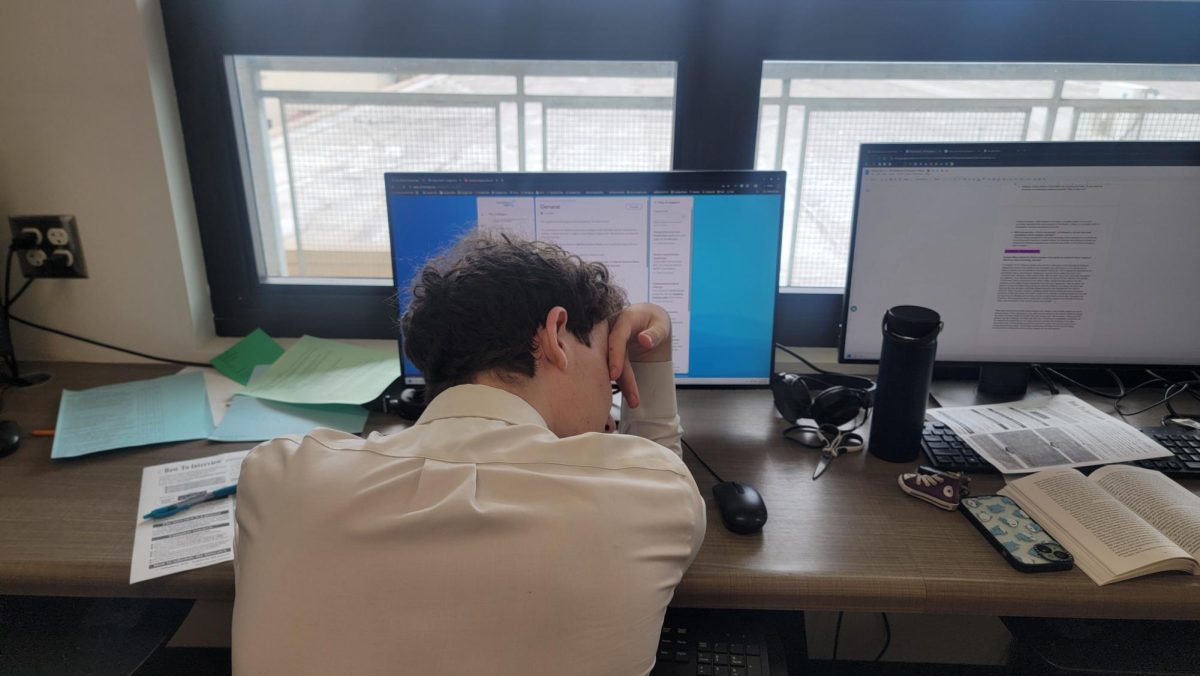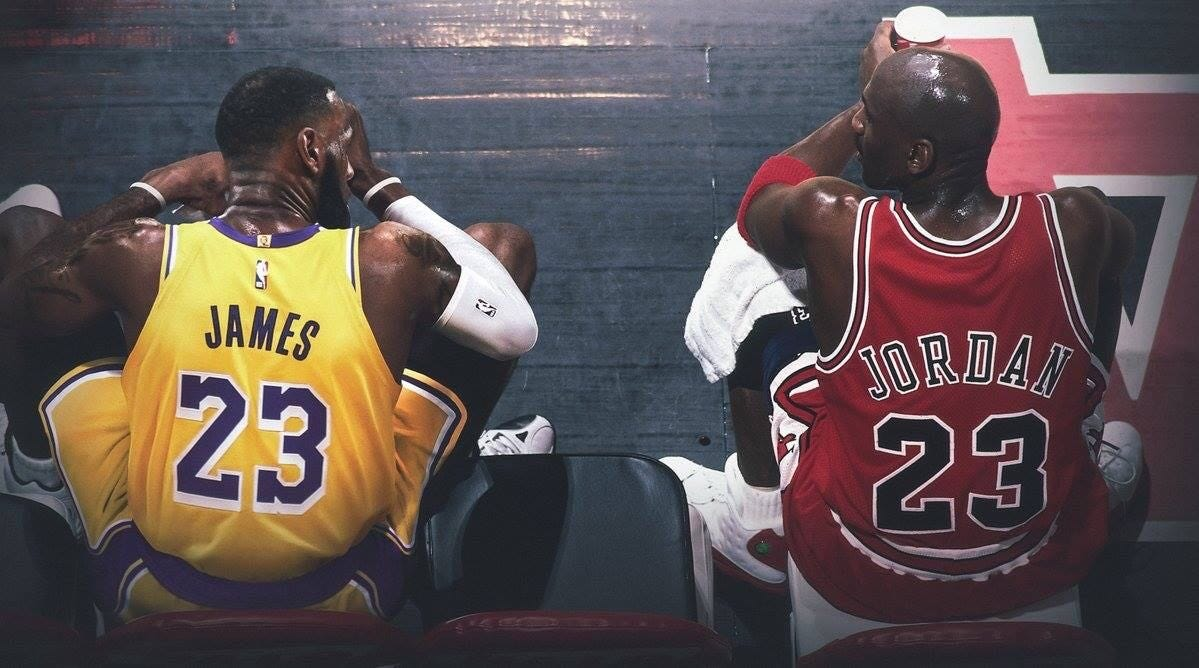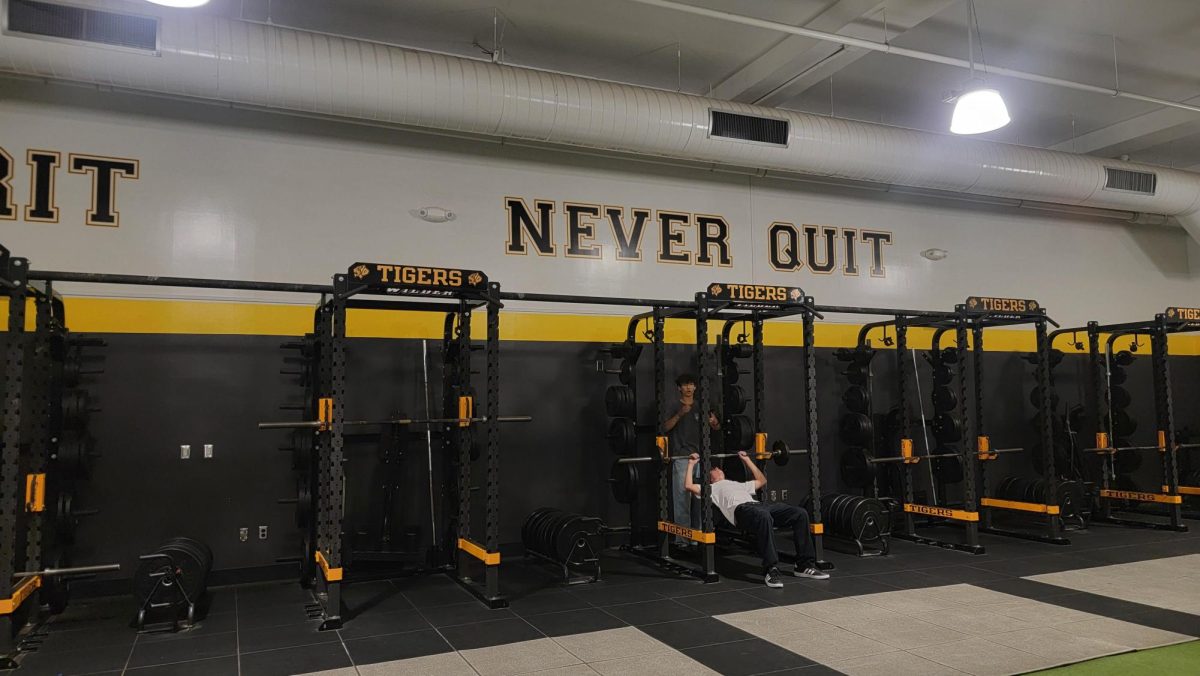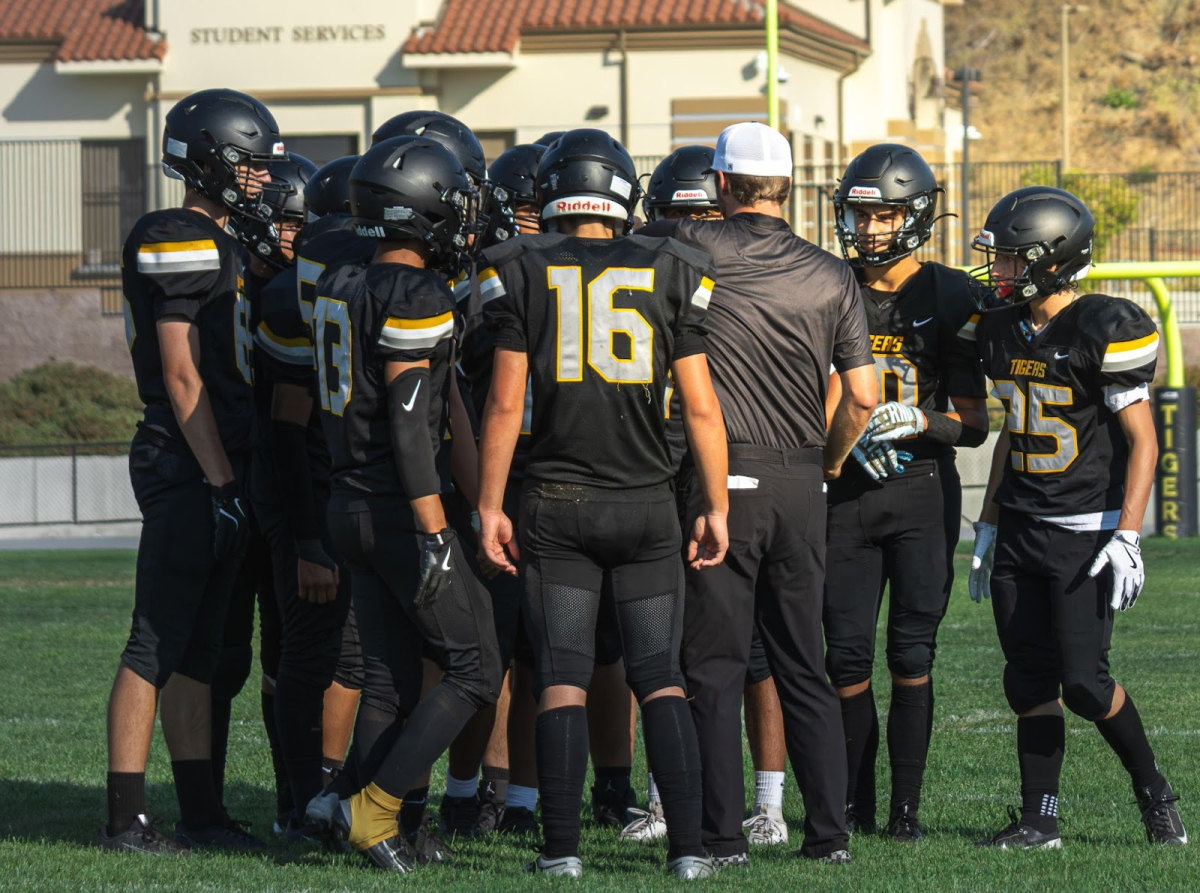Health teacher Daniel Monroe is trying his best to educate SLOHS students. Photo courtesy of reporter Vyolet Burrus.
To graduate from San Luis Obispo High School, students are required to take Health class, usually during freshman year. Learning about health can be very repetitive, with most students covering the topic once or twice in elementary, as well as middle school, before spending another trimester on it in high school.
The health curriculum at SLOHS covers social, emotional, mental, and physical health, (among other things) and even though the curriculum itself covers lots of topics, the information that’s taught isn’t as informative as it should be.
“The way Mr. Monroe teaches, he does add a lot of extra stuff. The curriculum itself is very surface level with the way our class is set up,” said freshman Eve Greenwood.
The problem with telling students basic information regarding health is that it doesn’t prepare students for when they do inevitably become sexually active or start experimenting with drugs/alcohol. The class is only taught in freshman year, and then students never revisit the things that they learned.
Freshmen rarely have any experience with big topics like drugs, alcohol, or sex, but by the time they’re a junior or senior, they might have been exposed to these things. Approximately 8.85 percent of teenagers are reported to have used alcohol in the last month, and another 10.4 percent have used drugs in the last month. Not to mention that forty percent of teenagers in the United States become sexually active before they reach the legal age of adulthood; so the information being taught must inform students accurately about sex, drugs, and alcohol.
Health isn’t just about being physically safe though, it’s about having a good emotional/mental well-being, a problem that many students have trouble with. Around fifty percent of teenagers and young adults reported having had a mental illness or disorder at some point in their adolescence. Two years ago, topics like mental health weren’t as important, but today it’s a serious problem that the current curriculum isn’t fully teaching.
“The curriculum that we’re currently using is way outdated, we’re talking over ten years old. Health is ever evolving, so the curriculum has to keep up with the trends and the issues that we’re struggling with as a society,” said Monroe.
It can be hard to pinpoint the exact topics that need to be taught in such a short period of time, but the information is something that needs to be addressed so students can be safe. Even if it’s not the most interesting class at SLOHS, it’ll certainly benefit students if they can take something away from it.
“One hundred percent yes, [students need to take this class]. It seems boring at first and I know a lot of people [think] health is stupid, but honestly it’s very important to know this stuff. It could save your life or [another person’s] life one day,” said junior Jamie Collins.
Despite the curriculum lacking in some areas, it’s teachers like Monroe who are genuinely trying to help students benefit from the lessons learned in class.
“I don’t really care about what grade you get, I want you to have taken something from our class that you can use [in the real world],” said Monroe.
Luckily for future SLOHS freshmen, a new health curriculum is being implemented as early as next year to fit their growing needs. Health is an important subject that needs to constantly be updated in order to educate students thoroughly and effectively.
Sources: drugabusestatistics.com, upi.com, opa.hhs.gov
































